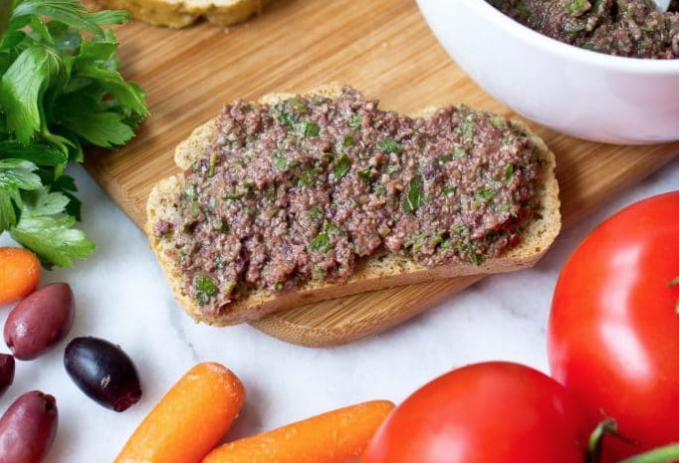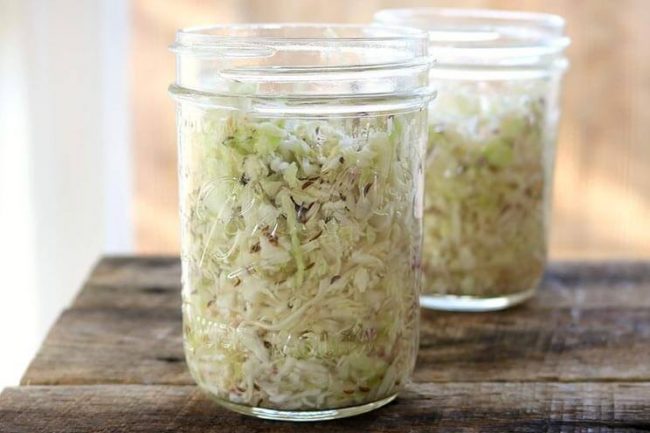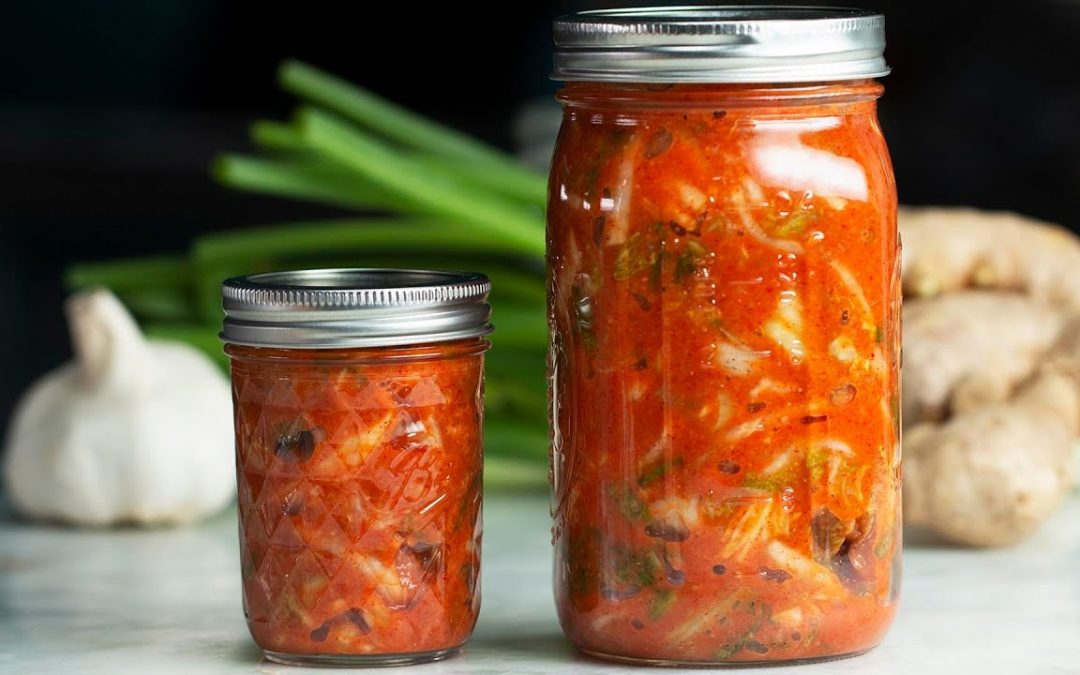
by Pamela Connor | Feb 22, 2019 | Gut Health, Recipes, Salad
Benefits of Miso Miso, a staple of Japanese cuisine, is yet another probiotic powerhouse. It is made from soybeans, water, and koji (cooked grains or soybeans inoculated with a mold, Aspergillus oryzae, which begins the fermentation process). As the koji enzymes break...

by Pamela Connor | Feb 21, 2019 | Gut Health, Main Dish, Recipes
Benefits of Tempeh Tempeh, a fermented soybean-based product that originates from Indonesia, has gained popularity all over the world. Not only is it a source of probiotics – it is also a rich source of protein, making it an excellent meat substitute for vegetarians...

by Pamela Connor | Feb 21, 2019 | Gut Health, Recipes, Side Dish
Benefits of Olives It’s easy to forget that these beloved, salty snacks are one of the most commonly eaten and widely fermented foods in the world. In addition to their antioxidant properties and healthy unsaturated fats, olives also give you a burst of beneficial...

by Pamela Connor | Feb 21, 2019 | Gut Health, Recipes, Side Dish
What is Sauerkraut? Like kimchi, sauerkraut is also shredded cabbage that has been fermented by lactic acid. Sauerkraut, however, usually ferments at a higher temperature than kimchi, resulting in a higher concentration of lactic acid bacteria and a bit of a tangier...

by Pamela Connor | Feb 21, 2019 | Gut Health, Recipes, Side Dish
What is Kimchi? Kimchi is a traditional Korean dish of pickled vegetables, most commonly a mix of Napa cabbage and Korean radishes and sometimes other veggies and spices. Kimchi is made by lacto-fermentation, a preservation process in which food is fermented by...








